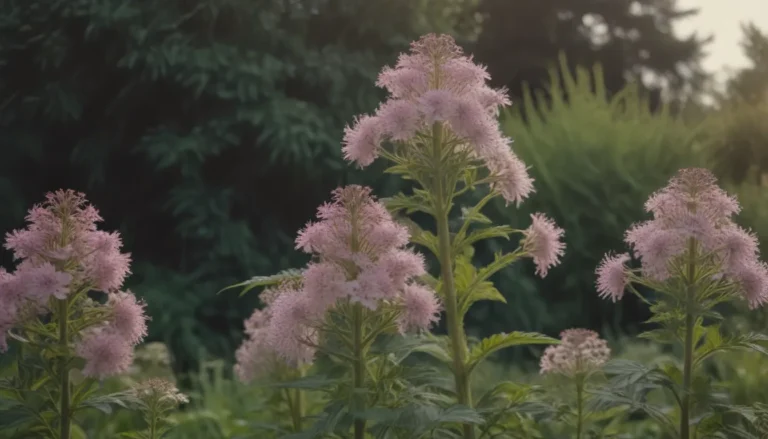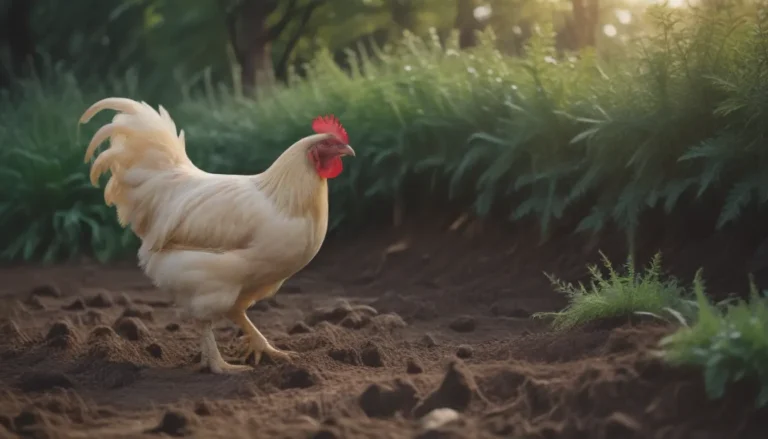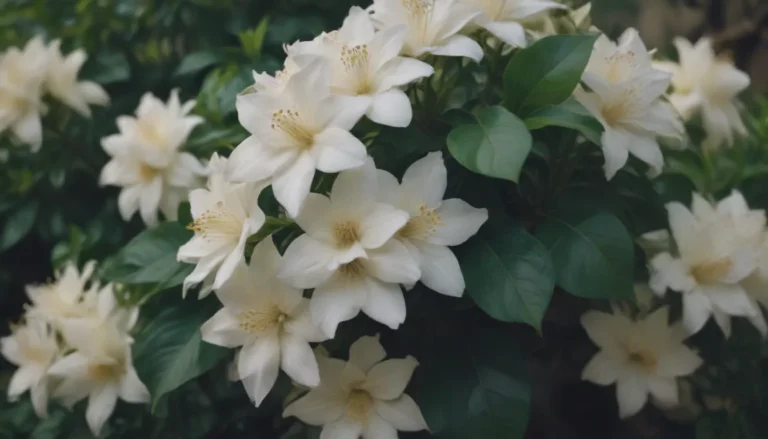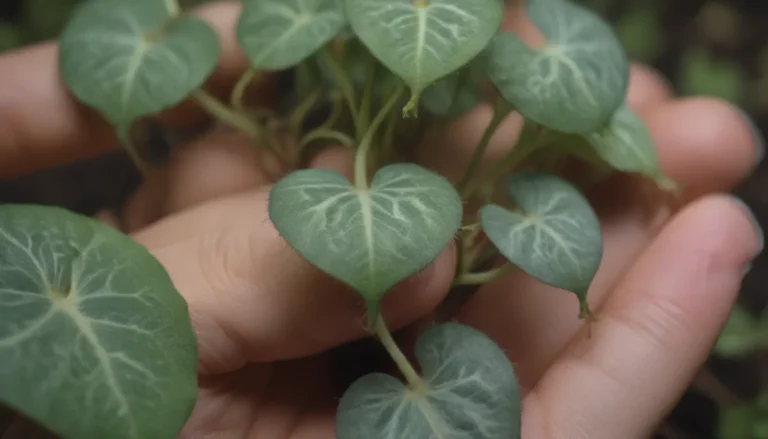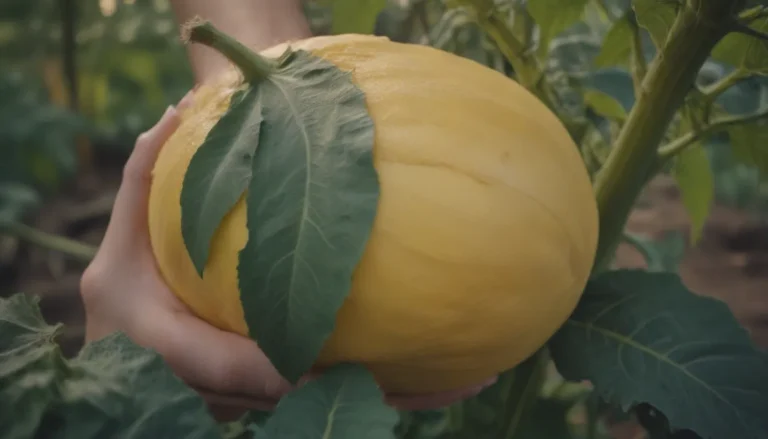Ultimate Composting Guide: What to Compost vs. What Not to Compost
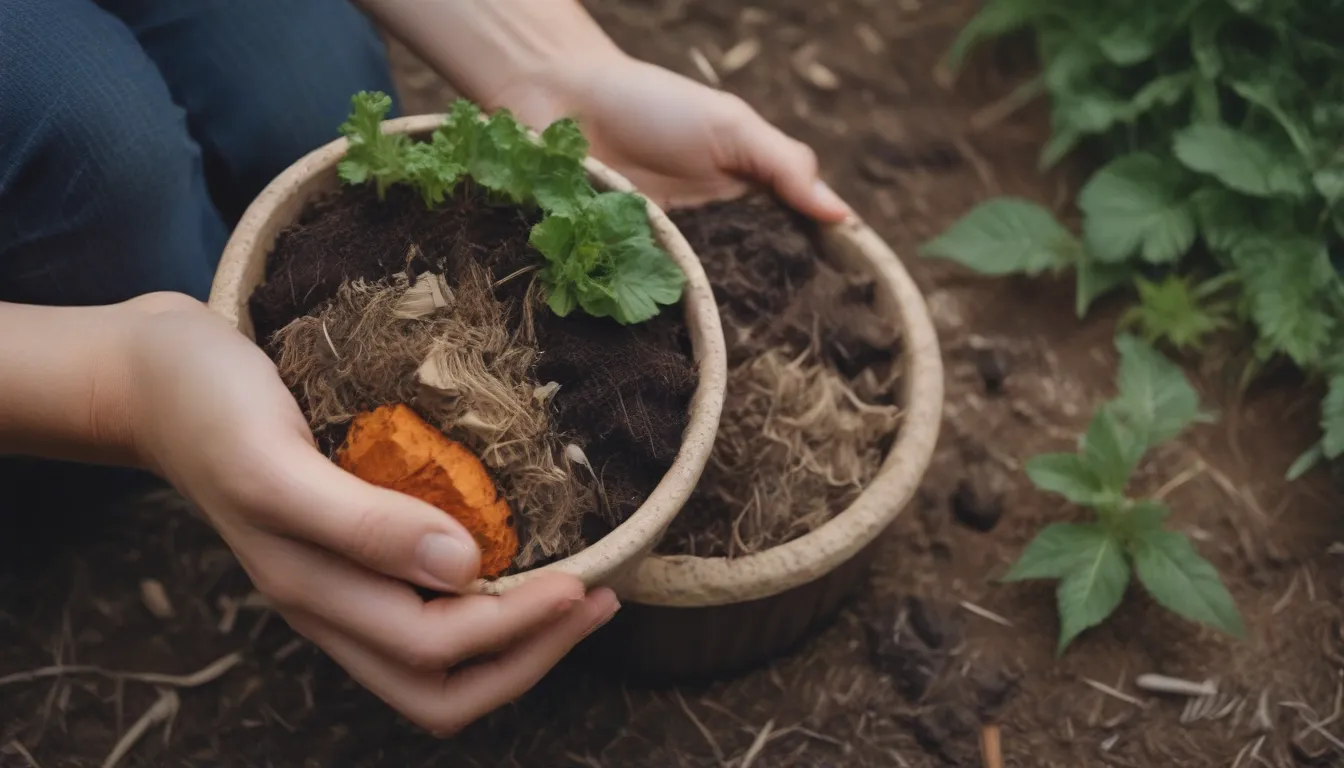
Composting is not only a fantastic way to reduce waste but also a great method to create nutrient-rich soil for your plants. Did you know that over 30 percent of what we throw away can be composted? By learning what to include in your compost bin and what to avoid, you can maximize the benefits of composting. Let’s dive into the world of composting and discover the do’s and don’ts to create a successful composting system.
Understanding Compost
Composting is the natural process of breaking down organic materials into a valuable fertilizer. To create effective compost, experts recommend including three main ingredients in your compost pile: brown matter, green matter, and water.
- Brown Matter: Brown matter consists of dry or woody materials such as twigs, branches, paper, and cardboard. These items contain carbon, which provides energy for the beneficial microbes in the compost.
- Green Matter: Green matter includes moist waste products like fruit and vegetable scraps, grass clippings, and coffee grounds. These materials provide the necessary moisture for the compost breakdown process.
- Water: Adequate moisture is essential for the composting process. While green materials often provide the needed water content, you may need to add water during dry periods to prevent the compost from drying out.
Achieving a balance between brown and green materials is key to successful composting. Experts often recommend a ratio of approximately 2:1 (brown to green), but this ratio can vary based on individual preferences and composting needs. If your compost pile begins to emit odors, adding more brown matter can help restore the balance.
What to Compost
While the list of compostable items is extensive, here are some common household items that you can include in your compost pile:
- Fruit and vegetable scraps
- Grass clippings
- Coffee grounds
- Paper products (unbleached)
- Cardboard
- Eggshells
- Yard waste (leaves, twigs)
- Wood chips
By incorporating these items into your compost pile, you can create nutrient-rich soil that will benefit your plants and garden.
What Not to Compost
To ensure the success and safety of your compost pile, it’s essential to avoid certain items that can hinder the composting process or introduce harmful elements. Here are some things you should avoid composting:
- Animal Byproducts: Meat, fish, egg, dairy, and poultry products can breed bacteria, attract pests, and cause odor issues.
- Dairy, Oils, and Fats: Dairy products, oils, and fats can also attract pests and should be kept out of the compost pile.
- Coal and Charcoal Ash: These materials may contain substances harmful to plants and should be excluded from compost.
- Black Walnut Tree Debris: Leaves or twigs from black walnut trees contain toxins harmful to many plants.
- Pesticide-Treated Plants: Trimmings from plants treated with pesticides should not be composted.
- Diseased or Insect-Infested Plants: These can introduce pests and pathogens into the compost pile.
- Weeds with Seeds: Weeds that have gone to seed can survive composting and sprout in your garden.
- Pet Waste: Pet waste can harbor harmful bacteria and parasites, posing a risk to human health.
By avoiding these items, you can maintain a healthy and effective composting system that benefits both your garden and the environment.
Convenience Is Key
When it comes to successful composting, remember that consistency and convenience are key. Focus on composting items that are easily accessible and that you will remember to include regularly. Even small steps towards composting can have a significant impact over time. Aim to maintain a good balance of brown and green materials in your compost pile and trust that your efforts will yield positive results in the long run.
In conclusion, composting is a simple yet powerful way to reduce waste and create nutrient-rich soil for your plants. By understanding what to compost and what to avoid, you can establish a successful composting system that benefits both your garden and the environment. Start composting today and watch your garden thrive with the help of nutrient-rich compost!
